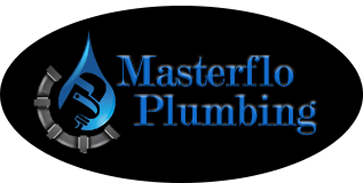Fall Home Maintenance
This past Thursday, September 22, was the first official day of fall! Although the temperatures don’t feel very fall like, fall is definitely on the way. When most of us think of fall, we think of pumpkins, hot chocolate, plaid, colorful leaves, and Halloween! Did you know that you should also be thinking about home maintenance in the fall? Fall comes with its very own set of fall home maintenance tasks that shouldn’t be ignored! Fall gives way to winter and if you aren’t on top of your home maintenance, the harsh winter weather can be damaging to your home and property. Today we’re going to talk about some easy fall home maintenance tasks that you should make sure to get done this year!

Fall Home Maintenance-
- Clean your gutters and your downspouts, and make sure your downspouts have plenty of room to drain.
- Check all your outside doors for weather stripping. This can make all the difference with the inside temperature of your home and can save lots of money on your utility bills.
- Check the grading around your house and walkways. This can keep your basement or your foundation dry in case of lots of rain or melting snow.
- Pull weeds and hidden debris in and around your yard and flower beds.
- Shut off the water taps and make sure all your outdoor taps are drained.
- Trim your trees to make sure none of them are hanging over your home. If your tree branches ice over during the winter and become heavy, they could fall on your home.
- Mulch any young or vulnerable plants and trees. This can help them survive the harsh winter temperatures.
- Pack up all your outdoor furniture and decor. Winter temperatures and precipitation can be harsh on outdoor furniture.
- Check all your outdoor lighting to make sure it works. Winter means colder temperatures and less daylight hours!
- Make sure any outdoor trash cans or recycling receptacles are easily accessible. No one wants to trudge through ice, slush, or snow to take out the trash!
Following these 10 easy fall home maintenance tips can get you and your home set up for success throughout the upcoming fall and winter seasons. If your home’s plumbing needs maintenance or any repairs, or if you need an emergency plumber this fall, contact the professionals you can trust at Masterflo Plumbing. We’re available for any of your plumbing needs 24/7 at (678) 822-7095!



